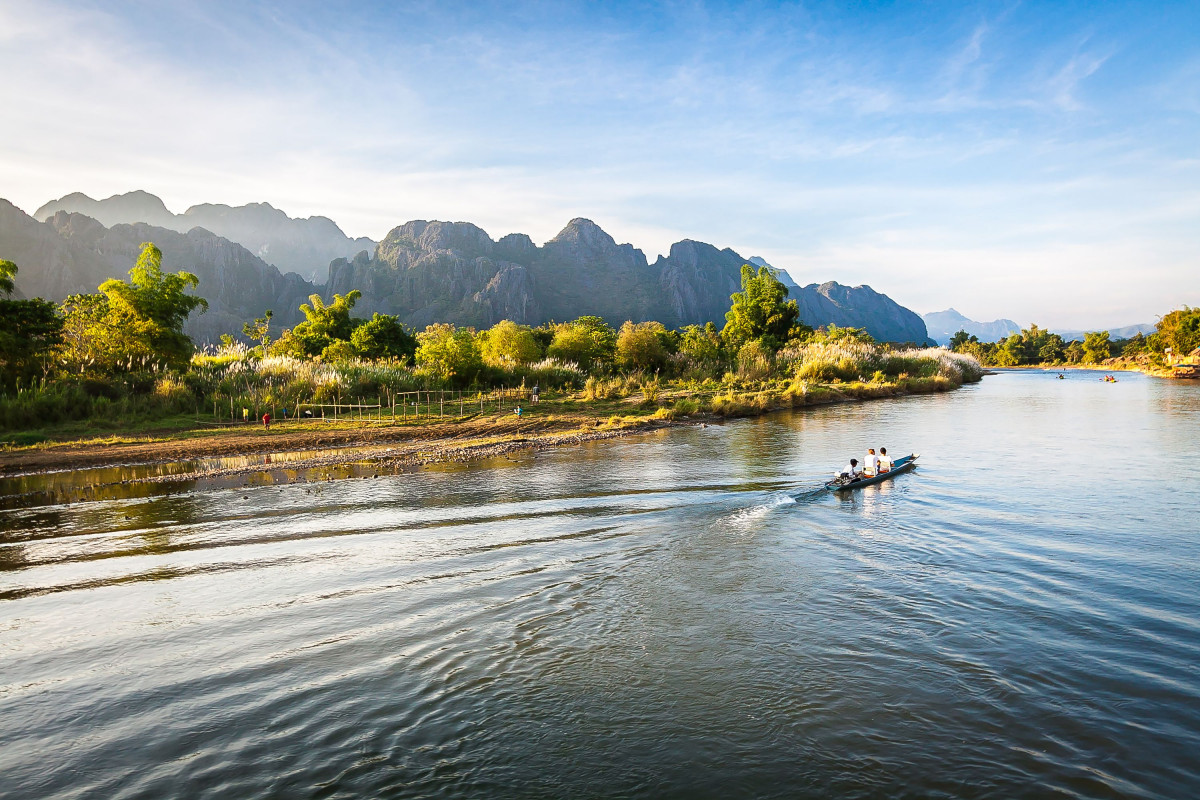Sharing the benefits from river basin management: from theory to practice
Worldwide, water resources are shared between different stakeholders for multiple uses. With water resources becoming scarcer yet users increasing, management of shared water resources can be challenging. Stakeholders in water use and extraction often represent varied interests, drawn from different sectors and levels from local to national to regional scales in the riparian countries.

Photo: Shutterstock_akedesign
The question is how can joint decision-making processes for shared water resources management yield better and more sustainable benefits across different scales and stakeholders?
Benefit sharing represents an alternative and inclusive approach to the negotiation of shared waters and involves any action designed to optimise the allocation of costs and benefits associated with cooperation. In this way, operationalising benefit sharing goes beyond negotiating water volumes allocated to different needs. It opens up dialogue to appreciate the range of benefits available in river basins and how these can be distributed and shared amongst different water users.
Why is benefit sharing in river basins important and how can it be done in practice?
The new publication 'Sharing the benefits from river basin management: From theory to practice' brings together over two decades of work on water governance, cooperation and diplomacy in transboundary basins providing water to nearly 3 billion people worldwide. IUCN’s Global Water Programme, working closely with IUCN Regional Offices and the IUCN Environmental Law Centre have developed this benefit sharing approach based on ‘learning by doing’ practices and knowledge across river basins worldwide.
Much of this learning has been drawn from experiences under the IUCN BRIDGE programme, which has been piloting the benefit sharing methodology, including in the Sio-Malaba-Malakisi (SMM), a sub-basin of the Nile shared between Kenya and Uganda.
In recent years, the SMM basin faced challenges from deteriorating water quality, and increasingly water scarcity. Poor agricultural practices and sand harvesting have resulted in extensive ecosystem degradation and decline in water quality. However, through BRIDGE work on benefit sharing, the two countries have engaged in a constructive and inclusive dialogue process, which has resulted in the development of a pipeline of investment projects as well as a transboundary institutional framework for the basin (webstory).
"IUCN’s approach of promoting benefit-sharing in transboundary basins helps ensure a balance of investment in built and natural infrastructure, as natural infrastructure plays a critical role in sustaining built infrastructure" says John Owino, Water Programme Officer, IUCN Eastern and Southern Africa Regional Office.
Further dialogues and negotiations are underway in the SMM to anchor cooperation into a benefit sharing agreement to ensure the sustainable management and development of shared water resources of the Sio-Malaba-Malakisi.
Crucially, developing this approach in water management responds to a demand for practical and collaborative tools that lead to optimal water benefits. The conceptual framing follows a process of stakeholder engagement, assessments and knowledge building, to enhance cooperation within countries and across state borders for sustainable river basin management.
In the coming month, IUCN will also launch an accompanying ‘Benefit Sharing training package’ for practitioners to help guide in-country dialogue processes for increased transboundary water cooperation.
“This novel methodology provides a practical opportunity to transform decision-making in a watershed, from unilateral and frequently conflictive decisions, to comprehensively discussed pathways that offer more balanced outcomes across stakeholders. The application of this approach in our region will open new opportunities to enhance transboundary cooperation, guide investments and help countries pick the best development pathway for the long term” said Emilio Cobo, Water and Ecosystems Programme Officer, IUCN South America Regional Office.
